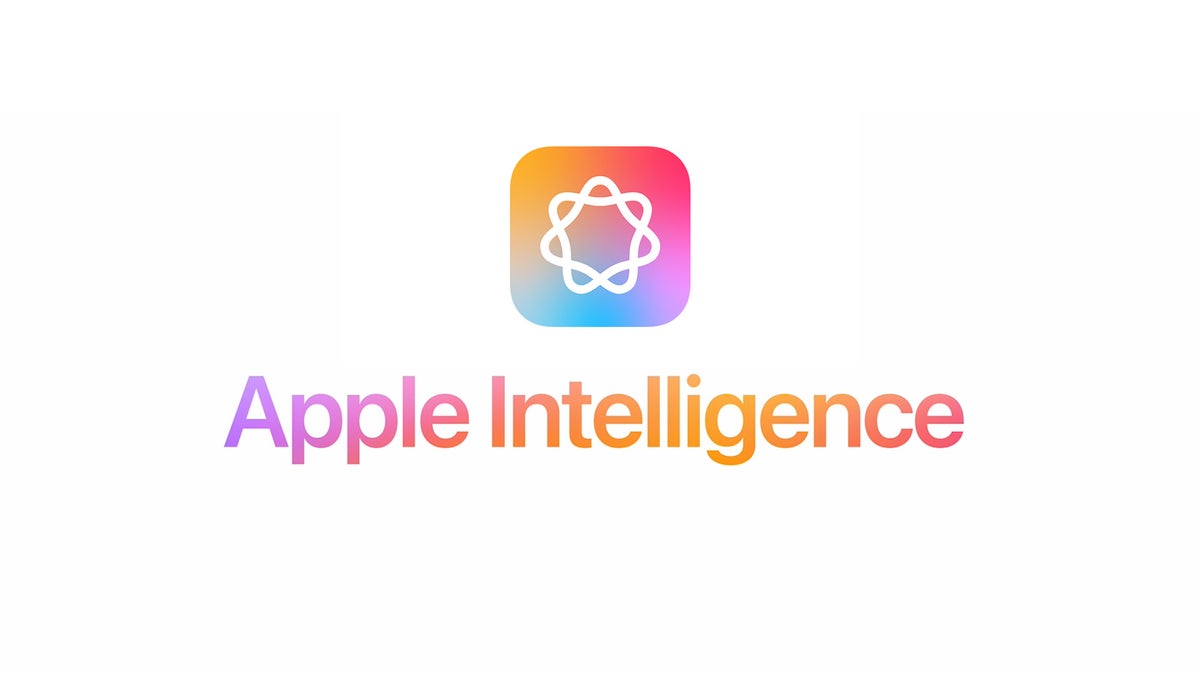Apple’s development of Apple Intelligence, which powers Siri’s advancements, has taken longer than anticipated. Despite its potential to transform Siri into a more advanced, conversational assistant, many key features are still missing from the latest updates. Apple fans and users have been eagerly awaiting significant improvements, and Federighi’s recent interview sheds light on the challenges Apple faces as it navigates the complexities of artificial intelligence (AI) and machine learning integration into Siri.
The primary reason for the delayed rollout of Apple Intelligence is Apple’s meticulous focus on privacy and security, ensuring the new features don’t compromise user data while still offering the high level of functionality people expect from Apple products.

What’s Apple Intelligence?
Apple Intelligence refers to the advanced AI and machine learning features that power Apple’s virtual assistant, Siri. The integration of these technologies aims to make Siri more responsive, context-aware, and capable of handling more complex requests. The ultimate goal is to elevate Siri from a basic assistant to a more intuitive, conversational AI that can assist users with both everyday tasks and more intricate queries.
However, Apple has taken a different approach than competitors, prioritizing privacy and localized processing over extensive cloud-based data collection, which has slowed the deployment of certain features. Unlike Google Assistant, which benefits from vast amounts of data collected across a wide user base, Apple has chosen to ensure user privacy by limiting the scope of data Siri processes, making it more difficult to train its AI at the same speed as its rivals.
Challenges Facing Siri’s Evolution
Craig Federighi highlighted several hurdles Apple faces in enhancing Siri’s capabilities. These include the balance between maintaining Apple’s high privacy standards while also advancing Siri’s AI-driven features. Federighi emphasized that Apple Intelligence is more than just adding new features; it requires integrating machine learning models that work seamlessly across all Apple devices, from iPhones to MacBooks.
Another factor slowing the evolution of Siri is Apple’s unique approach to on-device processing. While companies like Google and Amazon rely heavily on cloud computing to drive their AI capabilities, Apple has focused on processing as much data as possible directly on the device, reducing the amount of personal data sent to servers. This ensures user privacy but makes the development of AI-powered assistants like Siri more complex.
The New Siri: What Can Users Expect?
The new Siri, powered by Apple Intelligence, is expected to be smarter, faster, and more versatile. Here’s a breakdown of the major improvements we can expect:
- Contextual Awareness: Siri will become more context-aware, meaning it can better understand and respond to follow-up questions. For example, if you ask about the weather and then follow up with “Will it rain later today?”, Siri will have the contextual understanding to answer without needing to re-ask for clarification.
- Improved Conversations: One of the main goals of Apple Intelligence is to make Siri more conversational. Rather than offering short, robotic answers, the new Siri will be able to carry on more natural conversations, much like ChatGPT or Google Assistant.
- Integration with More Apple Services: Siri will become more deeply integrated with Apple services such as Apple Music, Apple TV, and Apple Fitness, allowing users to control more aspects of their digital lives seamlessly.
- Expanded Commands: With advancements in AI, Siri will be able to handle more complex commands that involve multiple steps. For instance, you could ask Siri to find a specific playlist in Apple Music, start playing it on Apple TV, and adjust the volume—all in one request.
Why Apple is Taking Its Time
One of the most significant takeaways from Federighi’s discussion is Apple’s commitment to getting it right. While the delays may be frustrating for users, Apple is focused on ensuring the new Siri and Apple Intelligence features work flawlessly upon release. The company’s top priority remains user privacy and ensuring that its AI is not just powerful but also trustworthy.
Apple’s approach contrasts sharply with competitors like Amazon and Google, who have been quicker to roll out AI features but have faced scrutiny over data privacy concerns. By focusing on building robust privacy protections and ensuring that AI features respect user data, Apple is setting the foundation for a future where AI assistants play a more significant role in users’ daily lives without compromising security.
Looking Ahead: What’s Next for Siri and Apple Intelligence?
As Apple continues to refine Siri and its AI capabilities, users can expect steady updates that will roll out incrementally over the next several months. Federighi hinted that while users won’t see all the improvements immediately, Apple Intelligence will become a game-changer once fully implemented.
Looking ahead, Apple’s AI developments will not only improve Siri but also impact other areas such as augmented reality (AR), virtual reality (VR), and even health monitoring through Apple Watch. As Apple Vision Pro launches, we can expect Siri to play a significant role in hands-free control in AR environments, further integrating Apple’s network of devices.
Despite the delays, Apple is on the verge of delivering a smarter, more intuitive Siri powered by Apple Intelligence. While other AI-driven assistants may have hit the market faster, Apple’s commitment to privacy and security sets it apart, ensuring users can trust Siri to handle their data responsibly. With the impending release of new features, Siri is poised to become an even more integral part of the Apple experience, offering smarter, faster, and more secure assistance.
Are you looking forward to Apple Intelligence? Let us know!













